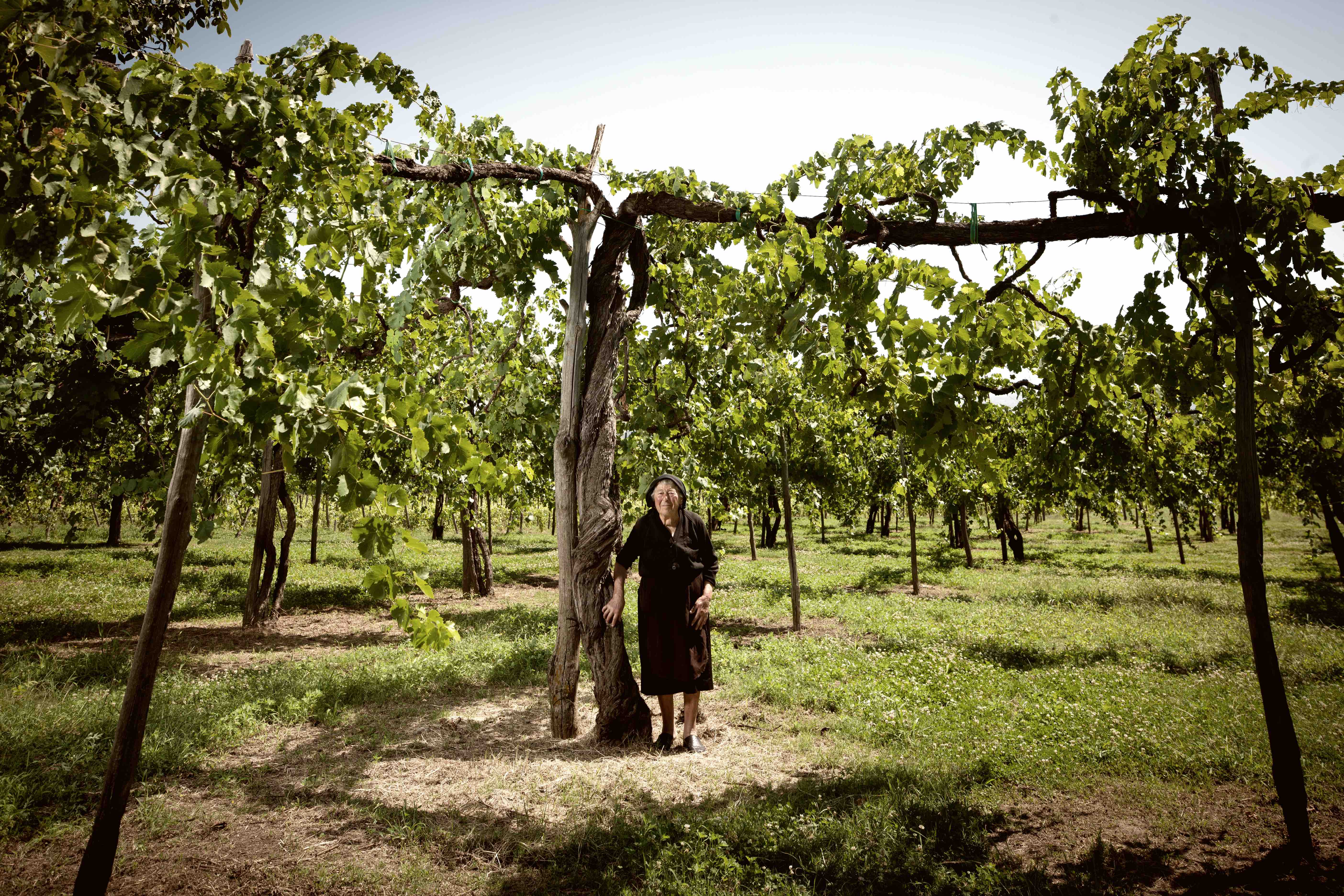

Feudi di San Gregorio SpA

Campania, Italy
June 2022
Agricultural Processing
Agriculture/Growers
Italy
Founded in 1986, for thirty years the Feudi di San Gregorio winery has been enhancing the value of indigenous grape varieties Greco, Fiano and Aglianico from the Campania regional tradition. All this time, the winery has studied and researched its terroir, Irpinia, which is well-suited to growing vines of the highest quality. Today, Feudi works 300 hectares of vineyards on over 800 plots which differ in altitude, exposure and slope. The winery individually plans each plot to enhance local bio-diversity while enhancing the creation of its extraordinary crus. With over 30 million euros in turnover and exports to more than 50 countries around the globe, Feudi is the number one winery in southern Italy. The experience has prompted the Capaldo family to explore the wine potential of other regions of Italy too, as part of the “Tenute Capaldo” project which encompasses a series of wineries with the same founding values of long-term vision, a local approach, and a culture of respect for the consumer. The Group spans the following territories: DUBL – a classic method sparkling wine from Campania; Campo alle Comete – a bulwark of Tuscany from Bolgheri; Basilisco – an organic winery in the Vulture area; Ognissole –biodynamic wine from Puglia; Sirch – from the splendid Friuli Colli Oriental
Overall B Impact Score
Governance 15.9
Governance evaluates a company's overall mission, engagement around its social/environmental impact, ethics, and transparency. This section also evaluates the ability of a company to protect their mission and formally consider stakeholders in decision making through their corporate structure (e.g. benefit corporation) or corporate governing documents.
What is this? A company with an Impact Business Model is intentionally designed to create a specific positive outcome for one of its stakeholders - such as workers, community, environment, or customers.
Workers 24.3
Workers evaluates a company’s contributions to its employees’ financial security, health & safety, wellness, career development, and engagement & satisfaction. In addition, this section recognizes business models designed to benefit workers, such as companies that are at least 40% owned by non-executive employees and those that have workforce development programs to support individuals with barriers to employment.
Community 32.2
Community evaluates a company’s engagement with and impact on the communities in which it operates, hires from, and sources from. Topics include diversity, equity & inclusion, economic impact, civic engagement, charitable giving, and supply chain management. In addition, this section recognizes business models that are designed to address specific community-oriented problems, such as poverty alleviation through fair trade sourcing or distribution via microenterprises, producer cooperative models, locally focused economic development, and formal charitable giving commitments.
What is this? A company with an Impact Business Model is intentionally designed to create a specific positive outcome for one of its stakeholders - such as workers, community, environment, or customers.
Environment 24.6
Environment evaluates a company’s overall environmental management practices as well as its impact on the air, climate, water, land, and biodiversity. This includes the direct impact of a company’s operations and, when applicable its supply chain and distribution channels. This section also recognizes companies with environmentally innovative production processes and those that sell products or services that have a positive environmental impact. Some examples might include products and services that create renewable energy, reduce consumption or waste, conserve land or wildlife, provide less toxic alternatives to the market, or educate people about environmental problems.
What is this? A company with an Impact Business Model is intentionally designed to create a specific positive outcome for one of its stakeholders - such as workers, community, environment, or customers.
Customers 3.0
Customers evaluates a company’s stewardship of its customers through the quality of its products and services, ethical marketing, data privacy and security, and feedback channels. In addition, this section recognizes products or services that are designed to address a particular social problem for or through its customers, such as health or educational products, arts & media products, serving underserved customers/clients, and services that improve the social impact of other businesses or organizations.